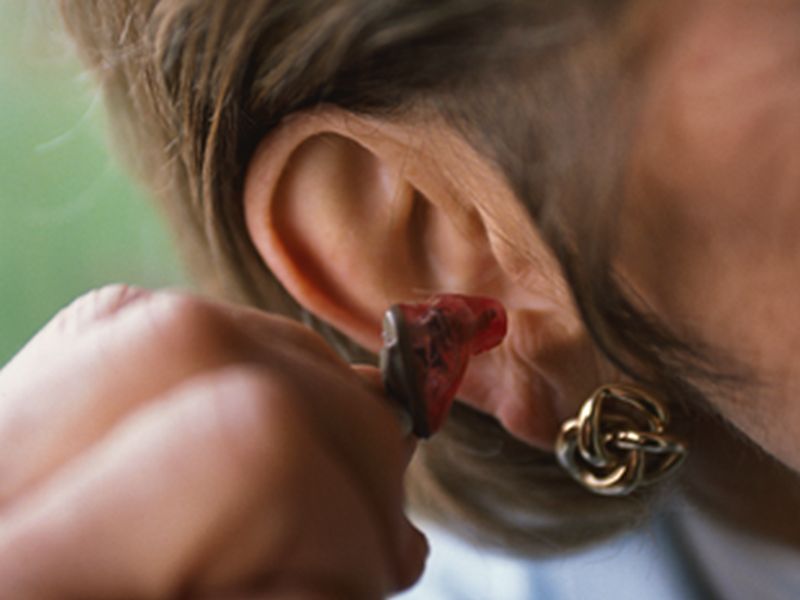
Thursday, April 7, 2016

THURSDAY, April 7, 2016 (HealthDay News) -- Hearing loss is associated with higher medical costs for late middle-aged adults, a new study finds.
Researchers examined health care use by nearly 562,000 adults between the ages of 55 and 64 who had private insurance. They found that over 18 months, those with hearing loss had 33 percent higher health care costs ($14,165, on average) than those without hearing loss ($10,629).
However, the study only showed an association between hearing loss and higher medical costs, and not a cause-and-effect link.
The study was published online April 7 in the journal JAMA Otolaryngology-Head & Neck Surgery.
More than 60 percent of U.S. adults over the age of 70 have age-related hearing loss, and the rate of hearing loss triples between the ages of 50 and 60, the researchers said.
"This finding indicates that negative health-related effects of hearing loss, a condition that many consider simply an unavoidable result of aging, may manifest earlier than is generally recognized and may affect use of health care across the continuum of care," study author Annie Simpson said in a journal news release. She is an assistant professor in the department of healthcare leadership and management at the Medical University of South Carolina, in Charleston.
The researchers said more study is needed to understand the reasons for the cost differences, and how much early use of hearing aids and other hearing loss remedies might lower costs.
"Nevertheless, our study suggests that hearing loss is costly, even in middle-aged individuals, and is present in large numbers of adults for whom early, successful intervention may prevent future hearing-related disabilities and decreased quality of life," the researchers concluded.
SOURCE: JAMA Otolaryngology-Head & Neck Surgery, news release, April 7, 2016
HealthDay
Copyright (c) 2016 HealthDay. All rights reserved.
- More Health News on:
- Health Disparities
- Hearing Disorders and Deafness





























.png)











No hay comentarios:
Publicar un comentario